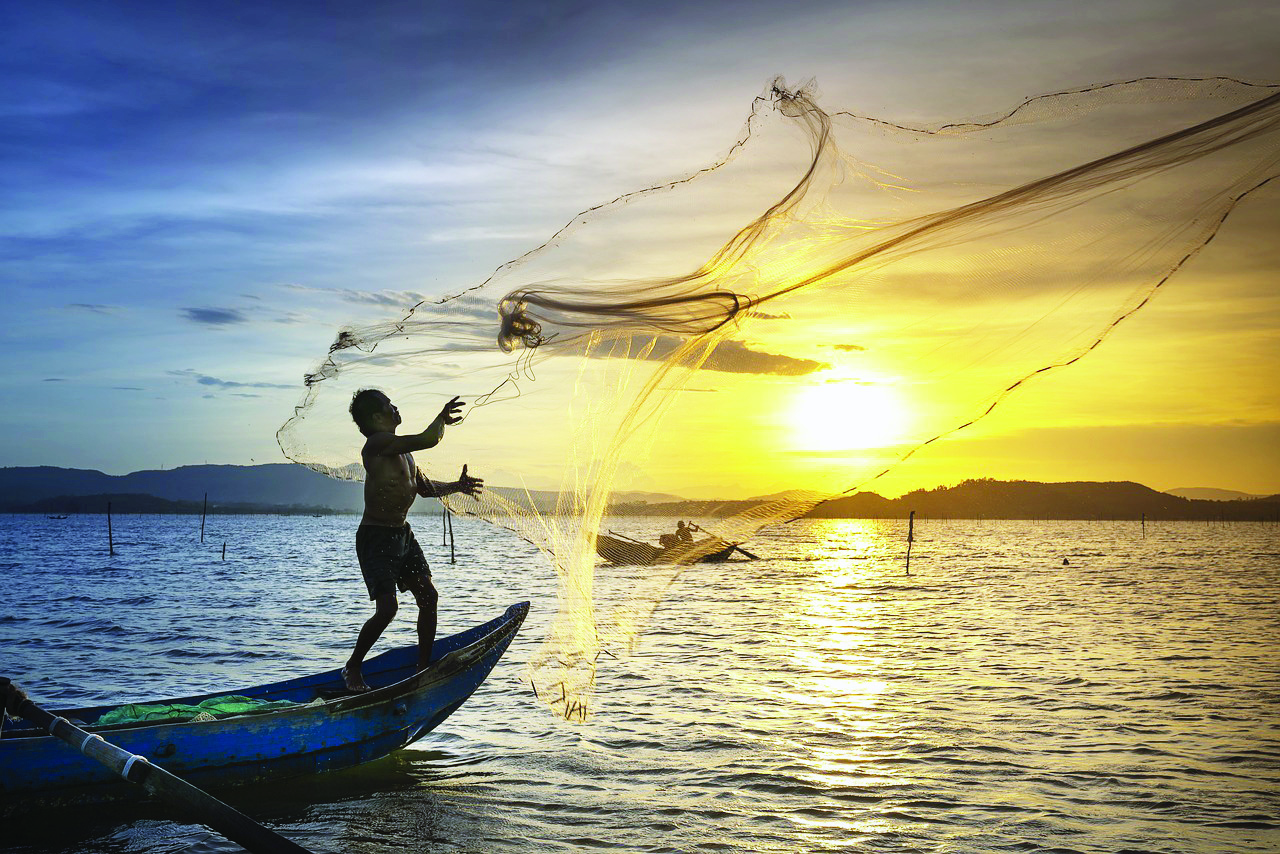Reduce carbon footprint for climate resilient fisheries: India to UN body

KOCHI: In a significant move to address the adverse effects of climate change on fisheries, India has unveiled a noteworthy proposal during a virtual meeting organised by a UN body recently, an official release said here on Saturday.
According to the release issued by the ICAR-Central Marine Fisheries Research Institute (CMFRI), India has proposed substantial reduction of carbon footprint as a significant step towards climate resilient fisheries.
This proposal was introduced during the inaugural session of the Sub-Committee on Fisheries Management, which is part of the Committee on Fisheries (COFI) at the Food and Agriculture Organisation of the United Nations (FAO).
The virtual meeting was organised from January 15 to 18, an official source said.
India’s stance on Climate-Resilient Fisheries was globally presented by the ICAR-CMFRI, headquartered in Kochi, the release said.
At the meeting, India said CO2 emission per kg of fish caught by the country’s marine fisheries is 17.7 per cent less than the global average according to a recent study.
The Indian statement highlighting the country’s proactive stance on tackling the climate crisis in the fisheries sector has maintained that in terms of climate change it falls in the medium to high category considering the overall impact by 2050.
Dr J Jayasankar, Head of Fishery Resources Assessment, Economics and Extension Division of CMFRI read out the statement.
“A big step towards climate resilient fisheries is harnessing the carbon sequestration potential of seaweeds to mitigate climate change impacts. Enhancing natural habitats for improving seaweed resources and expanding seaweed culture systems and enhancing mangrove ecosystems may help lay the path for better carbon sequestration,” according to the statement from India, as quoted in the CMFRI release.
The country urged global and regional bodies to integrate Intergovernmental Panel on Climate Change (IPCC) prediction with macro-indicators such as habitat upheaval, resource stress and market orientation.
This integration, India suggests, would enable member nations to incorporate the insights into regulations, adaptations and integrated managerial strategies on a dynamic basis. The statement further said, “India suggests that FAO may plan to schedule capacity building exercises in mitigating emissions of greenhouse gases in capture fisheries and aquaculture; spatial planning; cross-sectoral planning; adaptive fisheries management; strengthening resilience; safety at sea; rehabilitate ecosystems; and stronger farming structures.”
“India also requests member countries to share the best, scalable, and reproducible solutions and suggests that FAO may chronicle them for the common benefit of the comity of nations.”
The meeting, held virtually from FAO, Rome, was attended by members of the FAO Committee on Fisheries (COFI) plus one member organisation, representatives from three specialised agencies of the United Nations, observers from other FAO member nations and observers from inter-governmental and international non-governmental organisations, the CMFRI release said.
Apart from CMFRI, officials from the Central Fisheries Department and the Fishery Survey of India were also part of the Indian delegation.
The Indian delegation was led by Dr J Balaji, former Joint Secretary, Department of Fisheries, Union Ministry of Fisheries, Animal
Husbandry & Dairying.



